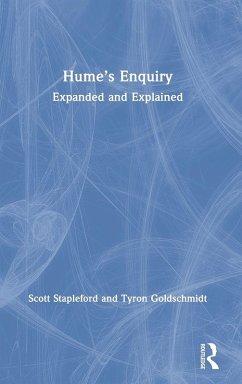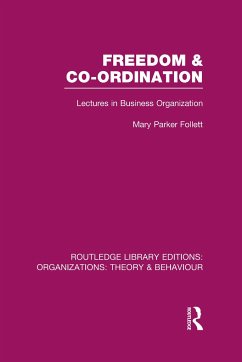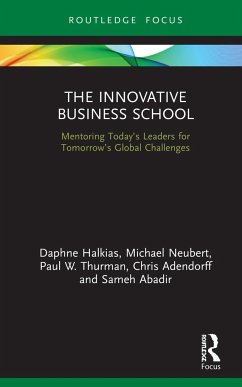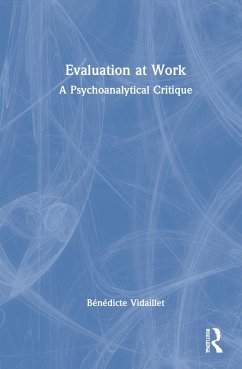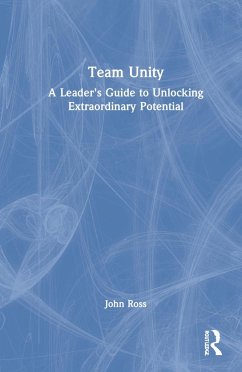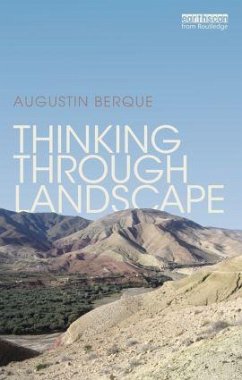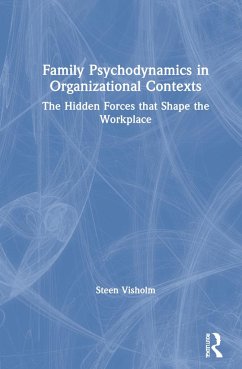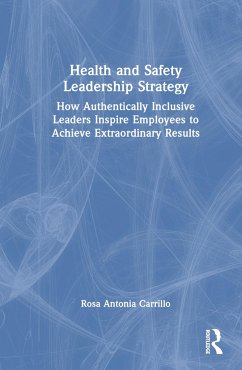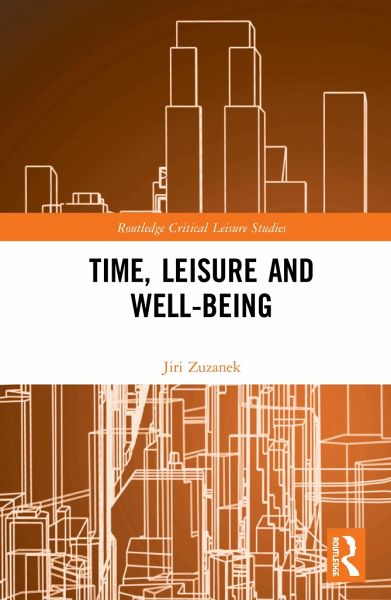
Time, Leisure and Well-Being
Versandkostenfrei!
Versandfertig in 1-2 Wochen
186,99 €
inkl. MwSt.
Weitere Ausgaben:

PAYBACK Punkte
93 °P sammeln!
The significance of work and leisure as elements of our social fabric have puzzled philosophers and social scientists for generations. This ambitious new study considers historical views of work and leisure alongside contemporary survey evidence about time-use and well-being.





